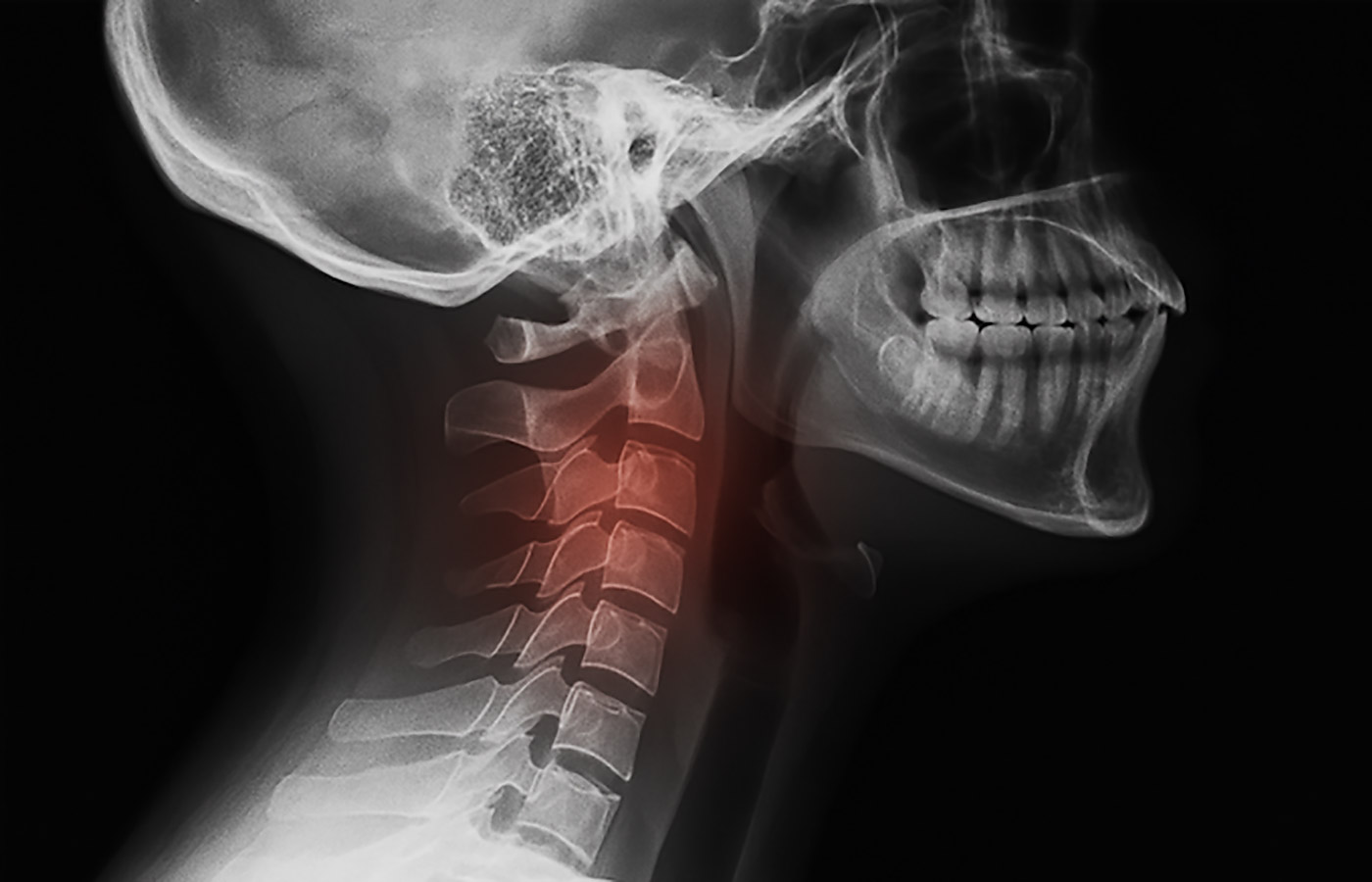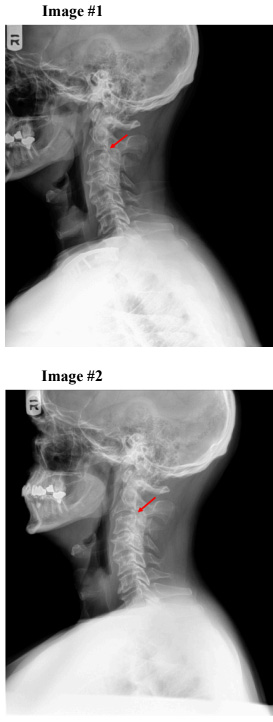
Unlocking Function and Relieving Chronic Cervical Pain with Regenerative Therapies:
A Case Study of a 54-Year-Old Truck Driver
By Dr. Tommy Rhee
Case managed by Dr. Fred Woods
Abstract
Chronic cervical pain is a common yet complex complaint, particularly among occupational drivers who experience prolonged postural stress. This article presents a compelling case study of a 54-year-old male truck driver suffering from debilitating neck pain for over a decade. The patient achieved significant recovery using a non-invasive protocol involving topical stem cell therapy (RheeGen) and adjunctive shockwave treatments. This case provides valuable insights for acupuncture professionals seeking integrative regenerative approaches to musculoskeletal degeneration and neuropathic pain.
Patient Background
A 54-year-old male long-haul truck driver presented with a 10+ year history of chronic neck pain. As an active father of four who enjoyed baseball with his sons, the pain had disrupted both his family life and professional function. He reported difficulty with basic movements such as turning his head to reverse his truck or swinging a baseball bat—actions that had become intolerable due to pain and limited mobility.
His prior attempts at relief included pharmacologic intervention (painkillers), physical therapy, stretching routines, and thermotherapy. None provided lasting relief. While manual musculoskeletal care offered temporary improvement, benefits dissipated within days. Pain radiated from the cervical spine into the occipital region and down both upper limbs, interfering with sleep, motor function, and emotional well-being. Facing limited options, the patient had begun to consider invasive interventions such as cervical epidural injections or surgery.

Initial Examination and Diagnosis
At intake, the patient demonstrated a severe 70% reduction in cervical range of motion (ROM) across all directions. Clinical orthopedic testing yielded the following results:
- Soto Hall Test & Cervical Compression: Positive for localized and radiating pain
- Cervical Distraction Test: Positive for pain relief
- Neurological Assessment: Diminished sensation in the C2 dermatome on the left side
Radiological Imaging (9/19/2024)
- Grade 2 anterolisthesis of C2 on C3, with disrupted alignment (George’s line)
- Signs consistent with cervical disc degeneration and segmental instability
These findings supported a working diagnosis of Cervical Disc Degeneration with Ligamentous Sprain, contributing to instability at the C2-C3 level.
Treatment Protocol
An integrative, non-invasive plan was adopted with the goal of restoring function, reducing pain, and avoiding surgical procedures. The treatment strategy was:
- Topical Stem Cell Therapy: Applied daily for 30 days
- Radial Shockwave Therapy: Administered once per week for 4 weeks
- Spinal Mobilization and Neuromuscular Rebalancing: Performed three times per week to encourage proprioceptive correction and circulation
This protocol was selected for its ease of application, minimal downtime, and synergy with the body’s natural repair mechanisms. Importantly, it focused on reducing inflammation, improving microvascular flow, and supporting tissue regeneration.
Outcomes After 30 Days
The patient experienced substantial clinical improvements:
- Cervical ROM: Improved by 50%
- Soto Hall and Cervical Compression Tests: Negative after 30 days
- Neurological Function: Enhanced sensory response in the C5 dermatome
Follow-Up Imaging (1/23/2025):
- Improved alignment with regression of anterolisthesis from Grade 2 to Grade 1 at C2-C3
- Suggestive of ligamentous healing and segmental stabilization
Patient Testimonial
"I noticed a significant reduction in pain within the first 2–3 applications of RheeGen. My pain went from an unbearable 10/10 to barely noticeable in just two weeks. Today, I can turn my head again without pain. I’ve got my life back—playing baseball with my boys is possible again. I only wish I had discovered this treatment earlier!"
Clinical Implications for Acupuncture Professionals
From an integrative medicine perspective, this case underscores the value of regenerative topical agents in managing musculoskeletal degeneration, especially when compounded with therapies that stimulate local circulation and fibroblast activity. For acupuncturists, such a model opens a non-injection-based path into regenerative medicine, particularly in treating conditions rooted in chronic qi and blood stagnation with underlying tendon or ligament strain.
The use of topical stem cell therapy, especially when paired with mechanical stimulation like shockwave therapy or gua sha, may significantly accelerate musculoskeletal recovery. The regenerative cascade observed in this case mirrors Traditional Chinese Medicine principles of removing obstruction, nourishing sinews, and restoring harmony to the Du and Bladder channels associated with cervical pathology.
Conclusion
This case exemplifies a successful integrative approach to chronic cervical pain using topical stem cell therapy and radial shockwave treatments. The patient avoided surgery, regained functional movement, and experienced substantial pain reduction. For acupuncturists, adopting regenerative protocols like RheeGen—combined with traditional techniques—can open new frontiers in musculoskeletal care.
About the Case Manager
Dr. Fred Woods
Olive Branch, Mississippi
Clinical Collaborator in Regenerative Medicine
About the Author
Dr. Tommy Rhee
Author of The Future of Regenerative Medicine and developer of RheeGen, a patent-pending topical stem cell therapy that brings non-injection regenerative solutions to clinics worldwide. Dr. Rhee focuses on integrating novel therapies that are safe, effective, and accessible to all health professionals.
To learn more about incorporating topical regenerative protocols into your acupuncture practice, call 855-786-0489 or connect with Dr. Rhee for clinical partnership opportunities and training resources.
